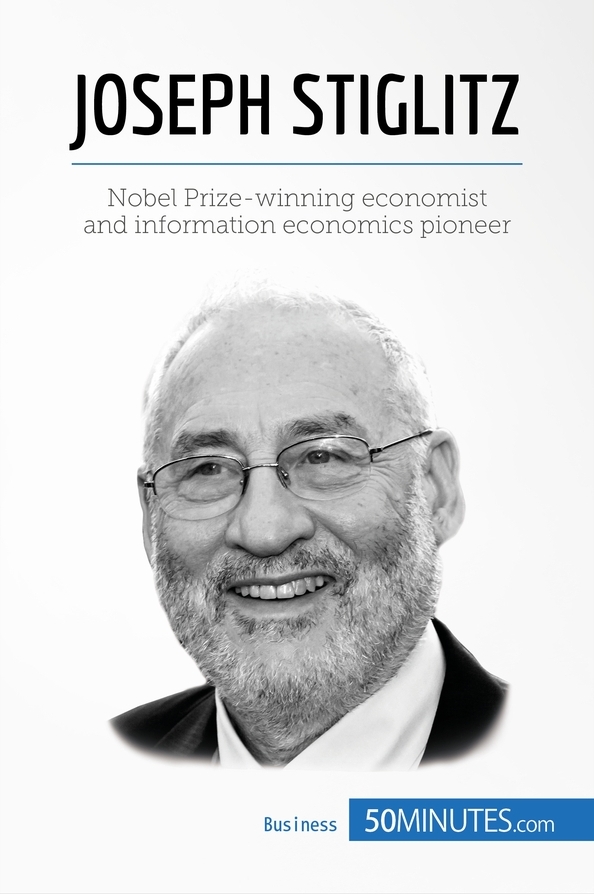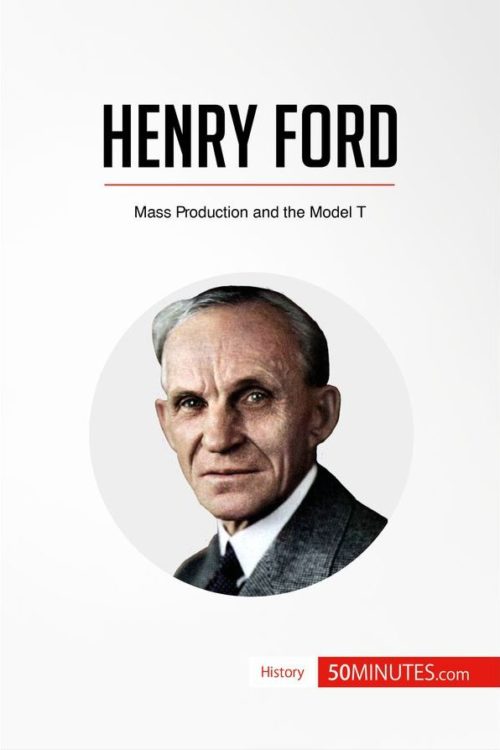Joseph Stiglitz
Joseph Stiglitz
$4.99
Read more
Learn about the ideas of Joseph Stiglitz in just 50 minutes with this practical and concise book. Stiglitz is a Nobel Prize-winning economist and one of the best-known figures of New Keynesian economics. His work spans multiple domains of economics, including in particular political economics, development economics and econometrics. He is also a pioneer of information economics and an outspoken critic of austerity measures.
This book will provide you with a handy introduction to Stiglitz’s most important contributions to economics, including information asymmetry and the Human Development Index (HDI). You will also find out about the reactions, both positive and negative, to his work, and the influence his ideas have had on critics of globalization and neoliberalism.
About Joseph Stiglitz
The Nobel Prize-winning economist Joseph Stiglitz is known in particular for his work in information economics, which acknowledges the asymmetry of information in markets to study its impact on economic decisions, and for his vocal criticisms of austerity and of international institutions such as the International Monetary Fund and the World Bank. He encourages strengthening democracy through effective dialog between experts and laypeople, and advocates taking into account social wellbeing and the sustainability of development when studying a country’s economic health.
In this book, you will learn about Stiglitz’s main ideas, their impact on modern economics and their potential limitations. A clear explanation of the most important concepts in his work, an introduction to related models and a detailed reading list will give you the tools you need to understand the work of this groundbreaking economist.
This straightforward and accessible 34-page book is structured as follows:
- Introduction
- Biography of Joseph Stiglitz
- Justice: a common theme in the Stiglitz family
- A brilliant academic career
- A founder of information economics
- A theorist and politician
- No democracy without access to information
- Stiglitz’s work and contributions to economics
- Information asymmetry
- New Keynesianism
- Stiglitz’s criticism of the World Bank and the IMF
- The HDI: an alternative measure of economic health
- Impact of Stiglitz’s work
- Limitations and criticisms
- Extensions
- Summary
Product details
| ISBN | 9782806269737 |
|---|---|
| Publisher | Plurilingua Publishing |
| Serie | 50MINUTES.COM – Business |
| Format | |
| Pages | 28 |
| File size | 2.9 MB |






